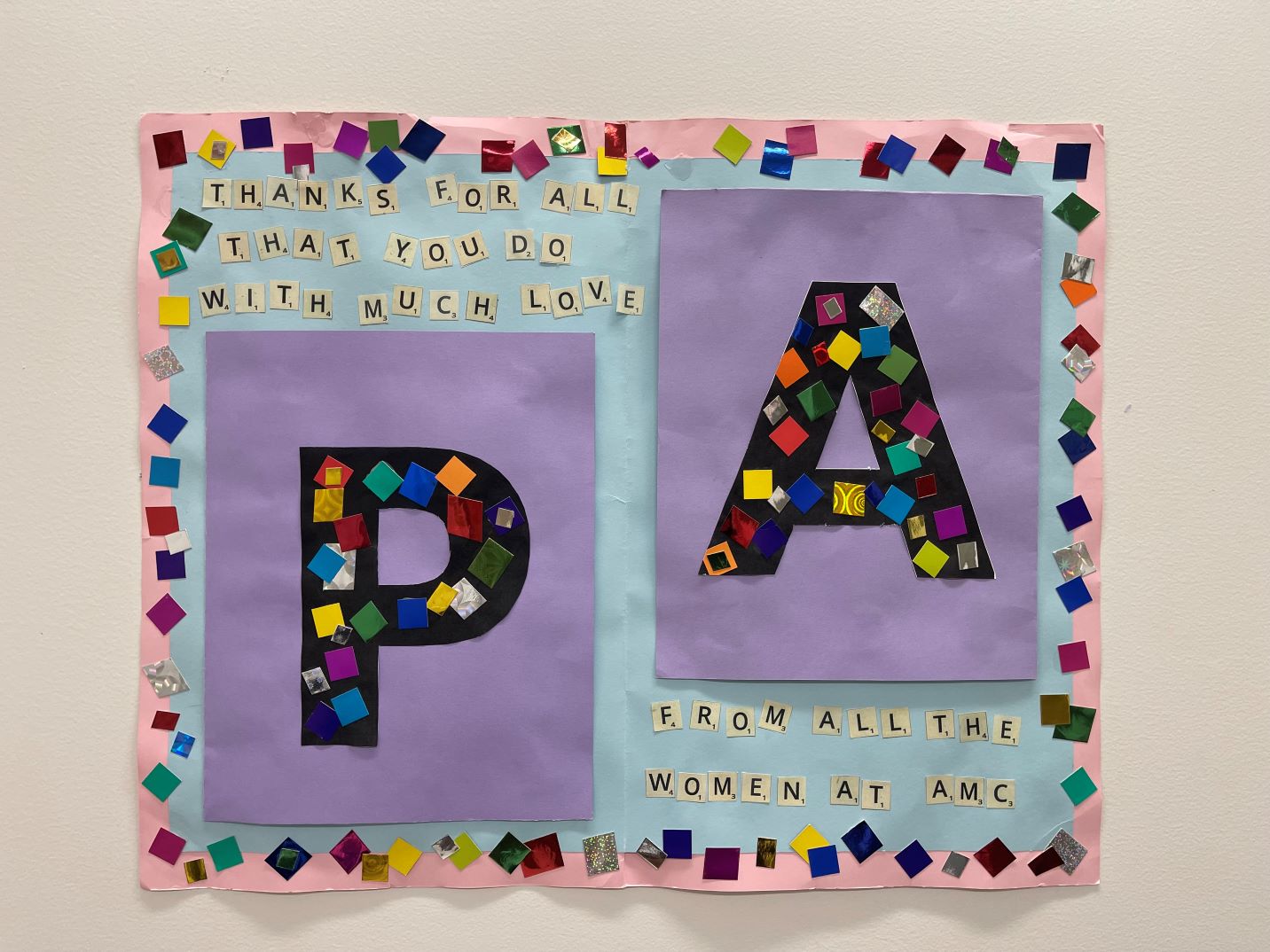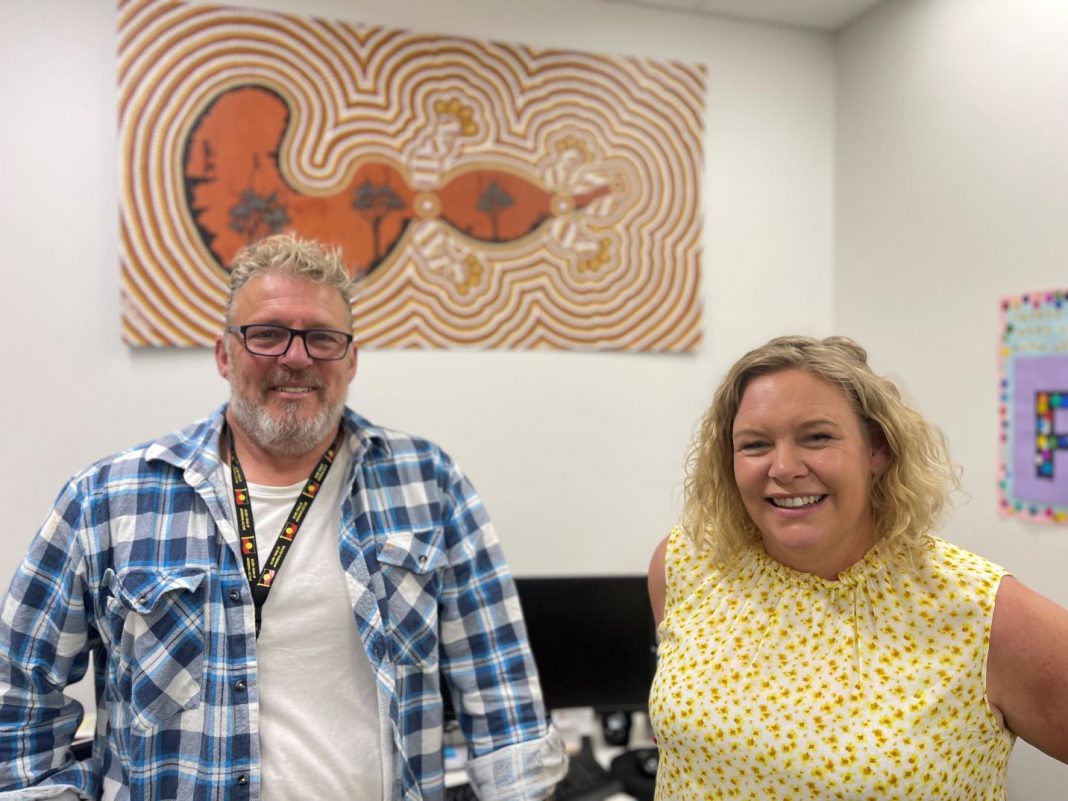According to the Australian Bureau of Statistics’ most recent Prisoners in Australia report, as at June 2022, 77 per cent of the ACT’s then 381 prisoners had already served at least one prior prison term. This is the highest reincarceration rate of all Australian states and territories, with South Australia and Victoria boasting the lowest figures at 53 per cent. Of those 381 ACT detainees, five per cent were women.
Had it not been for Prisoners Aid ACT, ‘Leonie’ (not her real name), mother of three, and now in her early 30s, believes she would, once again, have been one of them.
Speaking from the office of Prisoners Aid ACT at the newly renovated Magistrates Court, Leonie describes how a violent ex-partner, the father of her eldest child, introduced the young mother to drugs, and administered her ‘first hit’. As a result, this child was permanently removed from her care at the age of six months; the now nine-year-old lives with Leonie’s parents.
“Looking back, I cannot believe I chose a man over my child,” Leonie says.
Six years later, Leonie found herself in another relationship characterised by drug use and with two more small children. Leonie had been given a suspended sentence arising from some initial charges; however, she breached that, and was remanded in custody in the ACT for three and a half months in 2019. During this time, her two youngest children, aged three months and two years, were placed in foster care.
“My baby was only three months old when I went in. It was really hard. But it was a blessing in disguise, as it was the kick I needed. You don’t know what you’ve got till it’s gone. I took them so for granted . I can’t believe that I chose criminal activity and drugs over them.”
Leonie was released in December 2019.
“It was daunting getting out,” she says. “I had no keys or anything as you come straight from prison to court. My first stop was here [Prisoners Aid ACT]. I didn’t have my belongings or anything.
“Prisoner’s Aid has been great from the get-go. From the first experience I had coming in here and speaking to Glen [Tibbetts, the fulltime manager], he’s offered me support, a chat, coffee, food, and bus tickets when I needed to come in here for court. Glen has always supported the children and they have such a great relationship with Glen.”
Glen Tibbetts was once “a street kid myself”.
“It is the children who feel it the most,” he says. “We do what we can to minimise the likelihood of the children of detainees offending themselves, ending up in the justice system, or self-harming, or, most tragically, killing themselves.”
Mr Tibbetts commenced with Prisoners Aid ACT in 2017. His office at the Magistrates Court is open to clients five days per week, and he is assisted by casual staff members.
The charity’s president, Dr Caroline Doyle, says, “There is also a part-time staff member who has an office in the Visitor Entry Area at the Alexander Maconochie Centre (AMC), and is present for around four days per week, and is assisted by our casual staff members. Clients attend both our offices, either in person or by phone.”

Over the last financial year, Prisoners Aid ACT staff had 3,186 contacts with clients, including 1,080 in-person contacts across their offices at the Magistrates Court and the AMC. The services they provide include emotional and family support, travel subsidies for family members to visit detainees, bus tickets, emergency accommodation, essentials cards, assistance with power bills, training courses, release packs, Food Bank membership, clothing, and birth certificates.
According to an ACT Corrective Services spokesperson, “Prisoners Aid is a valuable service which provides a range of different supports to people who have spent time in custody.”
Funding shortfall
Prisoners Aid ACT recently celebrated 60 years of support to detainees, those released, families of detainees, and those involved in the criminal justice system, at a fundraising dinner where $10,000 was raised.
Whilst Dr Doyle and Mr Tibbetts expressed gratitude for the ACT Government funding provided, “this grant is basically the equivalent of a senior public servant’s wage,” says Dr Doyle. The shortfall is significant. “We need around another $150k annually,” adds Mr Tibbetts.
Funding has also been provided by local charity organisation, Hands Across Canberra.
“Hands Across Canberra paid for our Participate program for the children of detainees for the next two years, as well as for our storage unit, where we store belongings of those in prison,” says Dr Doyle. Support for the children is one of the service’s passionate focusses. “Children are the invisible victims of the justice system,” she says.
HAC CEO Peter Gordon says, “HAC supports over 300 local charities, most of which Canberrans have never heard of. Prisoners Aid is one of these. You generally only know of a smaller charity when you need the support they offer. Prisoners Aid ACT do wonderful work, including with families.”
Both Dr Doyle and Mr Tibbetts recognise that public opinion is against them when Canberrans are choosing where to place their charitable dollars.
“And it’s not a popular topic for everyone compared to other charities,” Dr Doyle says. “There is potentially a blame that people place on those we support. Yet there is a lack of understanding as to how people end up in prison.”
Leonie agrees. “I think that people who have been involved with Prisoners Aid ACT are less likely to re-offend because when you come here, you are welcomed and treated with respect and given guidance. There is also support to help you get to court so you don’t breach because of practical things. It has definitely helped me.”
Leonie adds, “When you are in the court system, you feel lower than everyone else. But not in here. I started feeling better about myself. Glen is always cheering me on and telling me how proud he is of me and my family. You can’t help but grow from that sort of thing.”
What are the chances of Leonie reoffending?
“Zero,” she says.
“I love our life now. I had my children returned to me from Child and Youth Protection Services and I am a full-time mum now. My partner and I were addicts together and he now has his own business. I plan to start study in the future to do the work that Glen does and to show other women that you can overcome substance abuse, domestic violence, and incarceration”.
Leonie is adamant that she and her family would not be here if not for Prisoners Aid ACT and it is evident that this is all the reward that Dr Doyle, Mr Tibbetts and their team need.
Mr Tibbetts adds, “The more people we support to hold their head up high, and move back into society, the less victims of crime there are going to be. The way to improve the criminal justice system is to minimise the number of people going into it.”
You can help Prisoners Aid ACT by donating via their GiveNow page or by contacting the team to volunteer. You will not only be supporting families like Leonie’s; Canberra at large has much to gain.
If this story has raised issues, call Lifeline on 13 11 14.
Canberra Daily is keen to hear from you about a story idea in the Canberra and surrounding region. Click here to submit a news tip.



